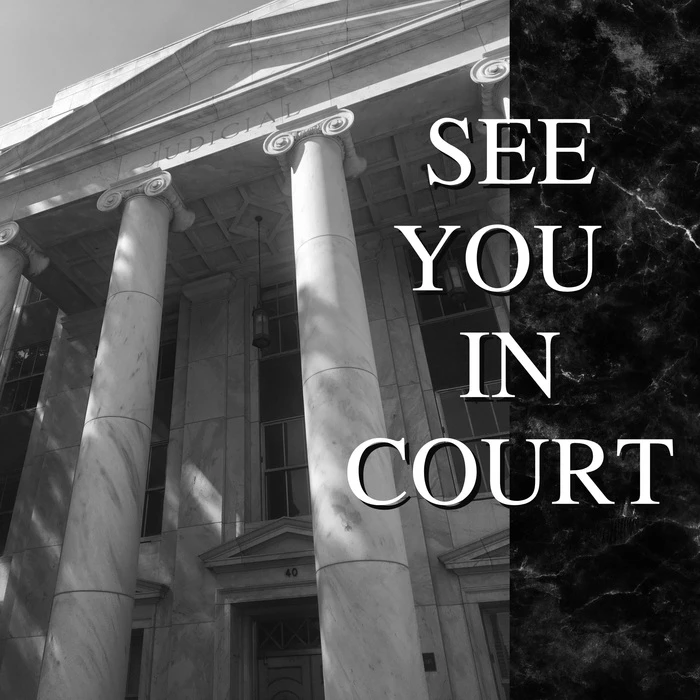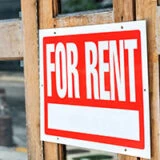The Rise of Squatting in Metro Atlanta: How It Became a Crisis and What’s Next
In recent years, metro Atlanta has seen a dramatic rise in squatting cases, with homeowners, real estate professionals, and law enforcement struggling to address the issue. This alarming trend has led to frustration, financial loss, and even safety concerns for property owners. But how did this crisis develop, and what does the future hold now that the Georgia Squatter Reform Act is in place?
How Squatting Became a Major Issue in Atlanta
Squatting has always existed to some degree, but several key factors contributed to its explosion in Atlanta and surrounding areas over the past few years:
- The COVID-19 Pandemic and Court Backlogs
The COVID-19 pandemic led to eviction moratoriums that protected tenants from being removed due to non-payment. However, this also created an unprecedented backlog of eviction cases in Georgia’s magistrate courts. As legal proceedings slowed down, squatters took advantage of delayed eviction timelines, often remaining in homes for months before any legal action could take place.
- The Rise of Fake Leases and Rental Scams
Many squatters presented fraudulent lease agreements to law enforcement when confronted. Since police officers are not equipped to verify lease authenticity on the spot, they often deemed squatting a civil issue—forcing homeowners into lengthy court proceedings to prove the squatters had no legal right to the property.
In some cases, individuals were scammed into squatting unknowingly, having paid someone posing as a landlord for a rental property they didn’t own. This created further complications, as some squatters claimed victimhood rather than intentional trespassing.
- Increased Housing Costs and Affordability Issues
Metro Atlanta has experienced a significant rise in housing costs over the last decade, making it more difficult for some residents to afford rent or homeownership. While this does not justify squatting, it has contributed to more individuals seeking alternative living arrangements, including illegal occupation of vacant homes.
- Technological Changes in Property Listings
The ease of accessing real estate listings online has also contributed to the problem. Squatters can quickly identify vacant properties listed for sale or rent, often selecting homes that appear to be unoccupied. Some squatters have even used online scheduling tools to gain access to vacant properties under the guise of potential renters.
The Impact on Homeowners and Communities
The rise in squatting has led to significant consequences for both homeowners and neighborhoods, including:
- Financial Losses: Homeowners incur thousands of dollars in legal fees, lost rental income, and property damage caused by squatters.
- Delays in Property Sales: Squatting incidents make it difficult for sellers to complete transactions, discouraging investment in local real estate.
- Neighborhood Decline: Squatters often fail to maintain properties, leading to deteriorating homes, safety concerns, and reduced property values in affected neighborhoods.
How the Georgia Squatter Reform Act is Addressing the Crisis
In response to growing public outcry, the Georgia legislature passed the Georgia Squatter Reform Act in 2024, providing law enforcement and property owners with clearer legal tools to remove squatters more efficiently. The law introduces:
- Criminal penalties for unlawful squatting.
- A streamlined removal process using an intruder affidavit.
- Faster court proceedings to prevent prolonged illegal occupancy.
Early signs indicate that the law has already reduced the number of squatting incidents in metro Atlanta. However, continued enforcement efforts will be necessary to fully resolve the crisis.
What’s Next? The Future of Squatting in Georgia
While the new law has made progress, questions remain about the long-term effectiveness of these reforms. Potential challenges include:
- Consistent enforcement across different counties.
- Clarifications on legal procedures for squatters claiming to be scammed tenants.
- Ensuring law enforcement agencies have proper training to handle these cases effectively.
As Georgia moves forward, continued legal refinements and public awareness will play a crucial role in addressing squatting while balancing property rights and housing concerns.
Want to Learn More?
For a deep dive into the rise of squatting and how Georgia is tackling it, listen to our latest episode of See You In Court, where we discuss this issue with real estate attorney David Metzger.
👉 Watch the complete episode to learn more!
👉 Subscribe to our podcast for more discussions on Georgia’s civil justice system!
Please note: The information provided on this website and within our blog posts and YouTube channel is intended solely for educational and informational purposes as a public service by the Georgia Civil Justice Foundation.
Legal issues can be complex and individualized. If you are seeking legal advice, please contact a licensed attorney in your jurisdiction who can provide legal guidance that suits your particular situation.






